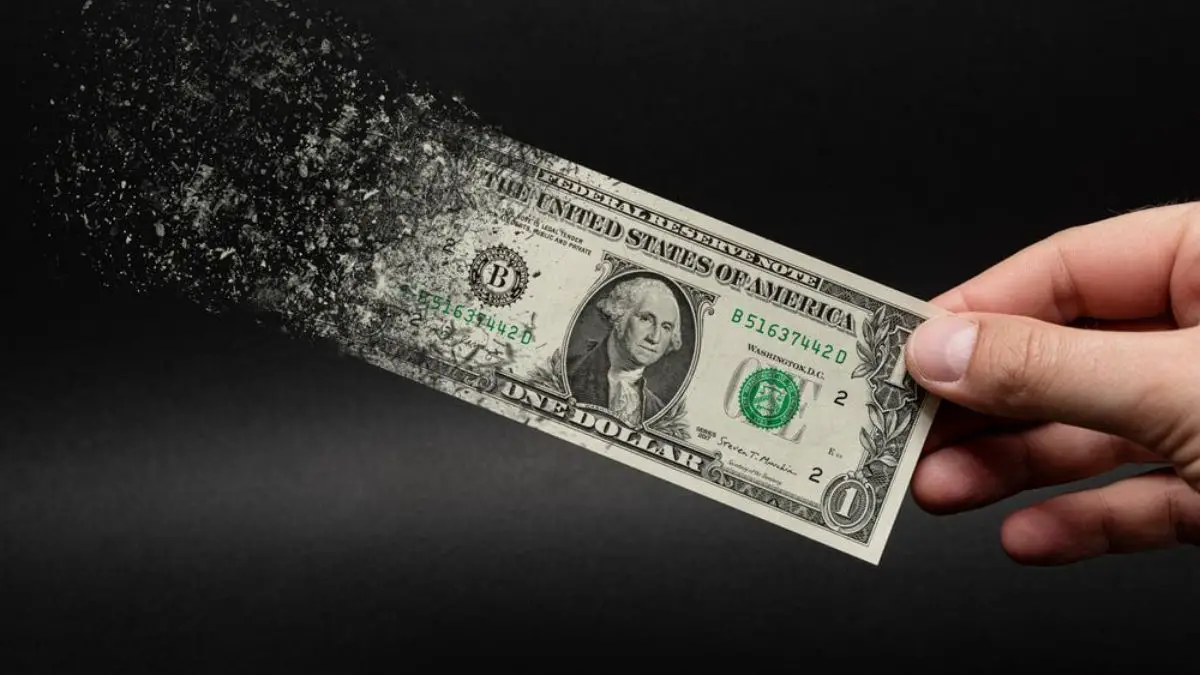Unicorn inflation is an economic phenomenon that has recently gained traction. The term refers to the astronomical increase in the price of private technology companies such as Uber, Airbnb, and WeWork. This trend has been driven by the influx of venture capitalists, who are willing to invest large amounts of capital into these companies to make them successful.
While some view this as an exciting development, some are concerned about the potential implications this could have on the global economy. This article will explore the impact of unicorn inflation on the economy, its risks, and potential solutions for this issue. By the end of the article, you will better understand the possible effects of this inflation and what steps you can take to protect yourself from its potential risks.
What is Meant By Unicorn Inflation?
This is a private company valued at $1 billion. This is the economic phenomenon where the price of 2022 unicorns is growing exponentially by the year. Currently, there are over 160 inflatable unicorn costumes around the globe, but there was a time when there were none!
The trend of buying and selling inflatable unicorn costumes for high amounts of money is causing economic upheaval. If these new unicorns fail, venture capitalists will lose much of their money. This could force them to tighten their purse strings. And then, the capitalists will never be too okay to invest their capital in other companies. Because of these consequences, new innovations and products will slow down and the global economy will collapse.
Benefits of Unicorn Inflation?
The first benefit of this inflation is job creation. Companies looking to expand their operations will need to hire more workers to keep up with increased demand. Thanks to this situation, many unemployed people can find new jobs suit them.
Another benefit is an increase in overall output. With more capital invested in current businesses, they will likely produce more goods and services, thus increasing overall output.
Lastly, multinational companies may choose to remain in the country. With more capital invested in privately owned companies, international companies will likely choose to stay in the country to purchase goods and services from them. This is likely to have a positive impact on the country’s GDP.
What are the Potential Risks of Unicorn Inflation?
As with every economic trend, unicorn start ups are associated with risks. One of the risks is that many of the inflated unicorn costumes created in recent years will fail. It is estimated that up to 80% of unicorns will not be able to reach their projected valuation. If these companies fail, venture capitalists will lose a lot of money, which could further exacerbate the issue of inflatable unicorns.
Another risk is that inflated unicorn costumes will become less interested in partnering with each other. If they are worried about being bought out by larger companies, they may be less inclined to work with other unicorns, which could lead to fewer collaborations. If there are fewer collaborations between unicorns, it could result in less innovation and productivity, which could be a drag on the economy.
What are the Potential Solutions to Unicorn Inflation?
Several potential solutions can help prevent or reduce the impact of inflatable unicorns. One of the solutions is for venture capitalists to be more selective when it comes to investing in unicorn inflatable costumes. This will help them reduce the money they lose if these companies fail.
Another solution is for governments to provide more assistance to budding companies so that they can be successful. This will diversify risks of investing in private companies.
Another potential solution is the rise of new technology that can replace unicorn inflatable costume products, such as autonomous vehicles returning ride-sharing services. This will ensure new unicorns are independent of a single product or service.
What are the Impacts of Unicorn Inflation on the Economy?
There is no doubt that the trends of unicorn start ups have the potential to wreak havoc on the economy. However, the impacts largely depend on the current trend’s size. It is estimated that the current trend is valued at about $1.25 trillion, which is significantly smaller than the $6 trillion dot-com bubble of the early 2000s.
If this grows at its current rate, it will harm the economy. The current trend is already significantly more significant than the last trend that occurred in the early 2000s. Since the current trend is larger than the last one, it will likely significantly impact the economy.
Conclusion
Unicorn inflation is an economic phenomenon that has recently gained traction. The term refers to the astronomical increase in the price of private technology companies such as Uber, Airbnb, and WeWork. This trend has been driven by the influx of venture capitalists, who are willing to invest large amounts of capital into these companies to make them successful. While some view this as an exciting development, others are concerned about the potential implications this could have on the global economy.







Leave a Reply